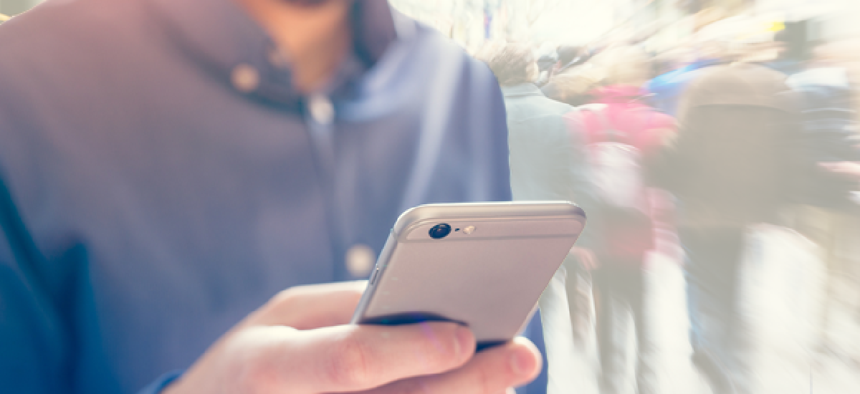Social media may work for recovery, but not yet for emergency response


Connecting state and local government leaders
For now, issues related to speed, accuracy and workflow keep social media from becoming a mainstream communication platform for emergency response.
As the nation works toward a robust national public safety broadband network, evolving communication platforms have been an important part of the conversation. Many counties and some states already have text-to-911 capabilities, and responders in some communities can receive images and video. Additionally, social media is increasingly considered an avenue for emergency communication, according to one expert.
“We’re working on a couple projects right now that are really looking at that very closely,” said Laurie Flaherty, the coordinator for the National 911 Program.
Speaking at the National Association of State Technology Directors annual conference, Flaherty told the audience that the Red Cross has been able to use social media in its national disaster recovery efforts. But for social media to become an element in the 911 system -- meaning for response rather than for recovery – issues of speed and accuracy must be worked out.
In a recovery organizations have more time, she said. This means that the Red Cross can vet posts and check for accuracy. But time is critical in initial response efforts. “The difficulty for first responders has always been the very, very short timeframe that they have to make a decision,” she said. Responders don’t have time to verify the information they receive via social media, which makes it difficult to use for near-real-time decision making, she said.
In the aftermath of the 2013 Boston Marathon bombing, authorities began to test using social media in an emergency situation, Flaherty said. The Boston Police Department’s use of Facebook and Twitter has become a go-to case study for how social media can be used to inform the public. In the search for the bombers, the department tweeted pictures of the suspects, locations of police operations and eventually the news of the capture.
Flaherty said it’s not clear yet where social media fits into the emergency response workflow. Does the agency public information officer control the account? Or does dispatch add it to their workload?
“It’s tough right now,” she said, “I don’t know that anyone has a definitive answer, but clearly there is a great interest in it, and the more experiences that there are, like the Boston Bombing, where information can be gleaned from it, I think the better off we will all be.”

NEXT STORY: Telehealth success depends on integration with electronic health records




